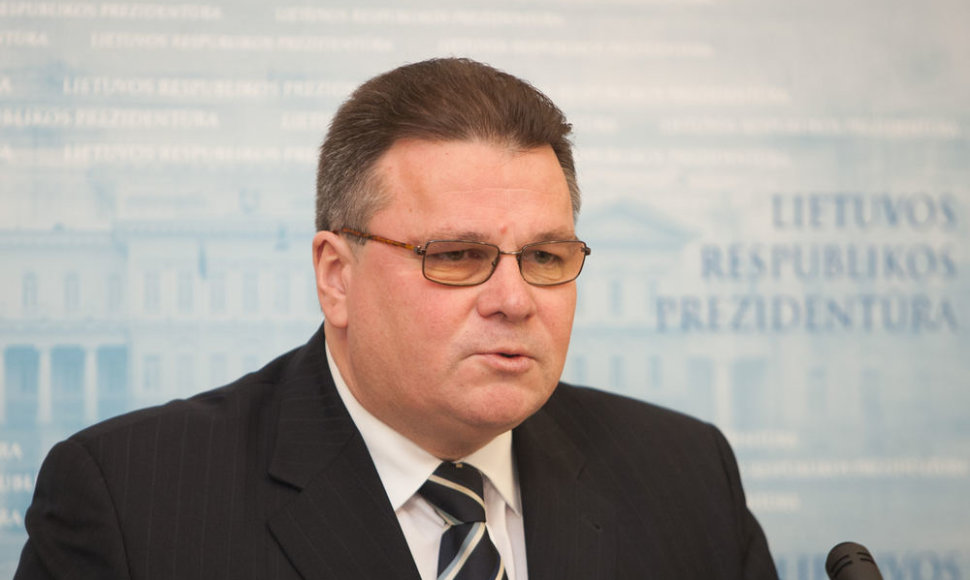"When it comes to Syria, every country is solving the issues on their national scale – some have discussions at their congress, others at their parliaments, therefore, it is difficult to expect an identical position," Linkevičius told a news conference at the parliament on Thursday.
He spoke shortly after the start of two major meetings of EU ministers in Vilnius. On Thursday and Friday, the Lithuanian presidency of the EU Council will host a session of defense ministers, while a two-day meeting of foreign ministers is kicking off on Saturday.
"Nevertheless, we have certain common denominators here – all censure the use of chemical weapons as unacceptable, it is a weapon of mass destruction and it is unacceptable. We have all emphasized that people responsible for the use of chemical weapons have to answer for their actions and that there should be legal measures. The majority has called for a long-term political solution, not a military one, many of us emphasize the importance of the role of the United Nations, and the responsibility of the UN Security Council is extremely important," said Linkevičius.
Western countries are currently considering responding to recent events in Syria. Syrian opposition groups have accused President Bashar al Assad's regime of having carried out a chemical attack near Damascus, killing more than 1,300 people. Damascus has rejected the accusations.
US President Barack Obama is currently working to persuade the Congress and his allies to support military strikes against Syria, while Russia's President Vladimir Putin on Wednesday urged the Western world to provide convincing evidence of the suspected chemical attacks in Syria to the United Nations (UN) Security Council.












